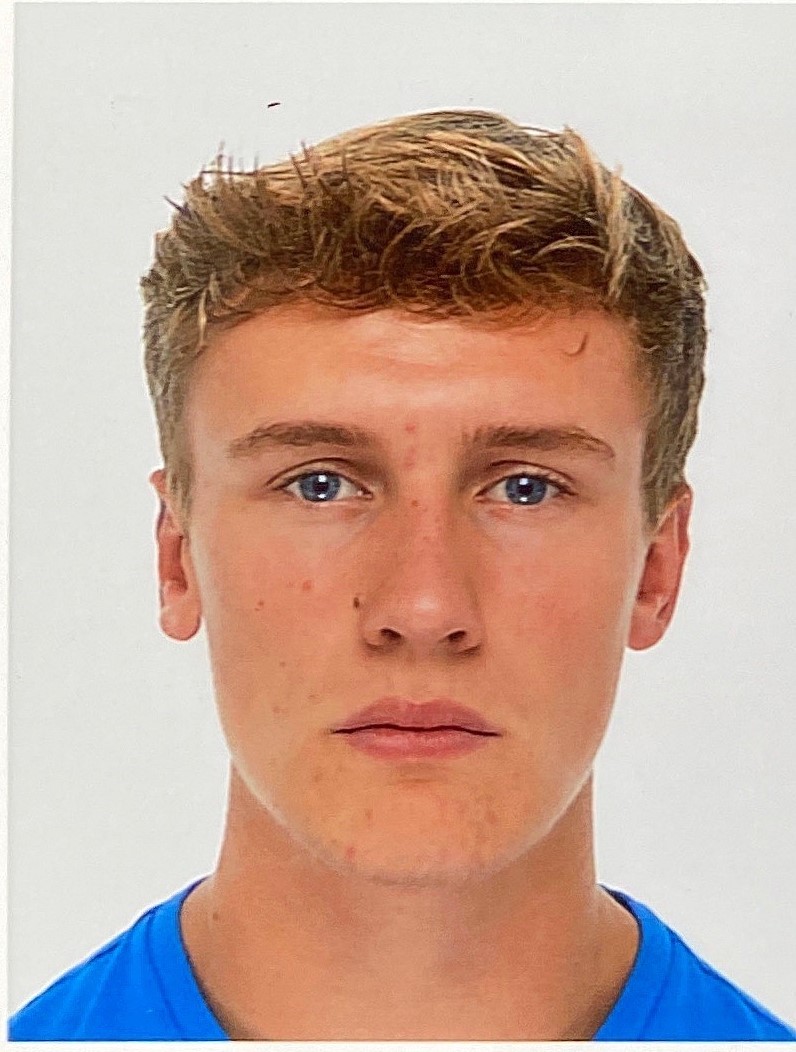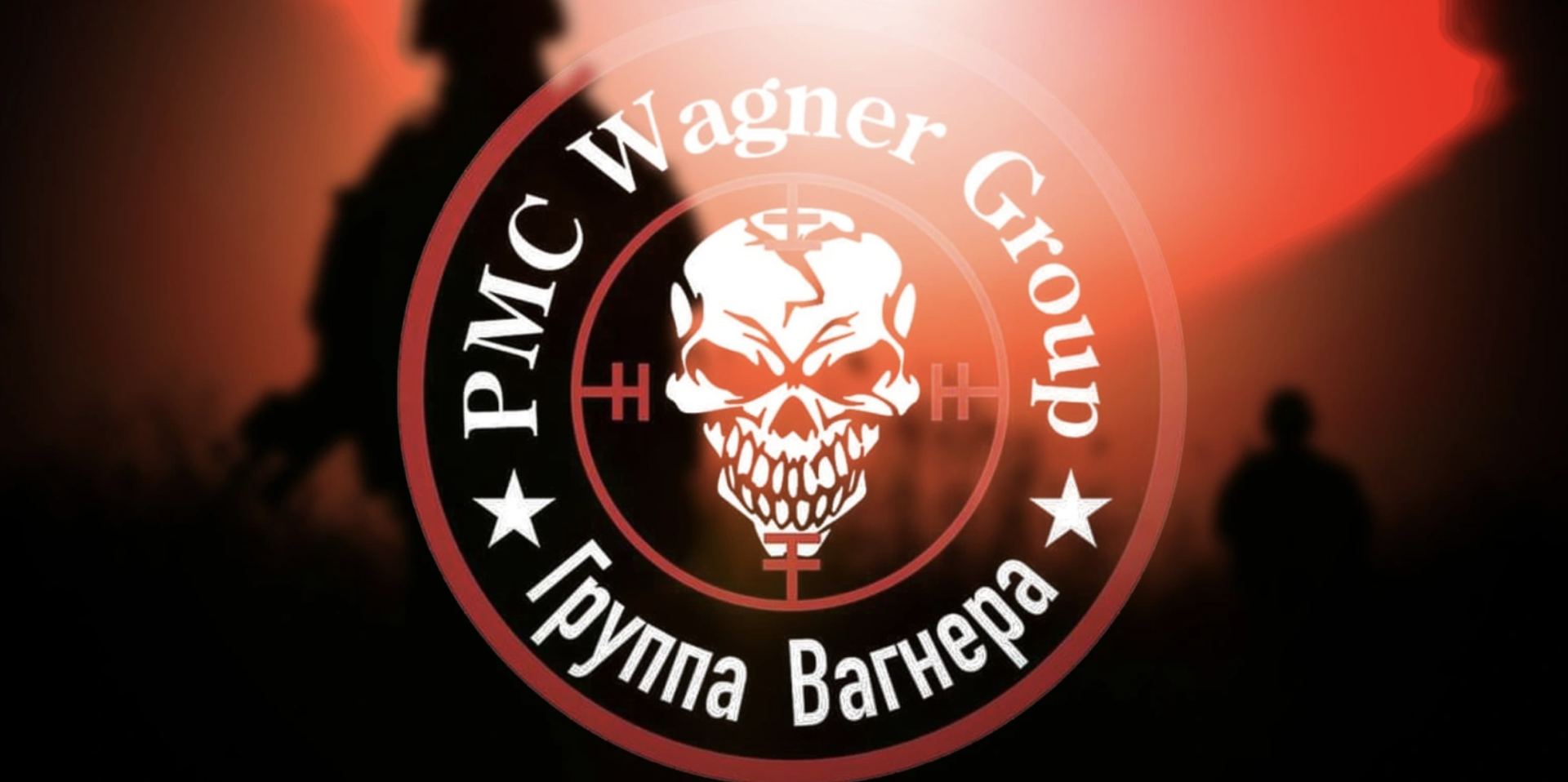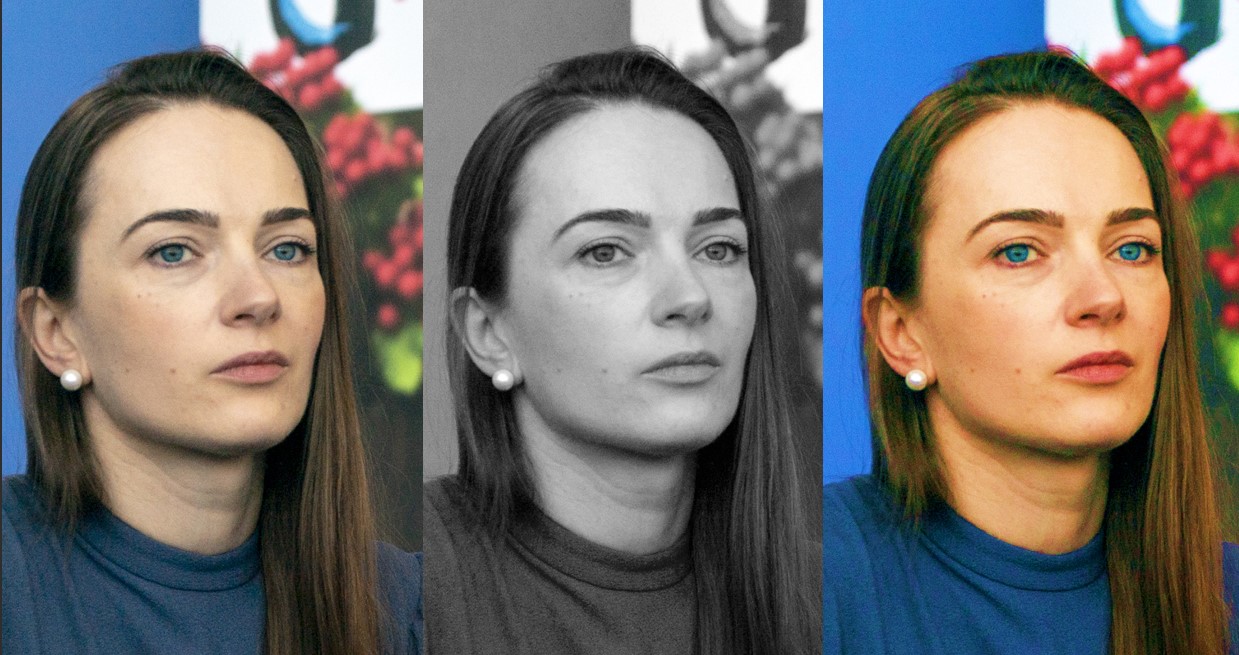News
It’s Time to Remove the Wagner Killers from Africa
Watching the implosion of Russia’s military cohesion has become an amusing spectator sport. But for Africans, it is deadly serious. While it has risen to global prominence because of its involvement in the invasion of Ukraine, Wagner is well known on the continent as Russia’s violent enforcer, protecting authoritarian regimes while extracting minerals for its Kremlin masters.

Former Director, The Brenthurst Foundation

Former Research Director, The Brenthurst Foundation

Machel-Mandela Fellow

Wagner’s leader, Yevgeny Prigozhin, who rose to power as head of a “private military company” (PMC) on Russian President Vladimir Putin’s coattails, has always served a useful purpose in Russia’s military machinery. Wagner has provided Russia with the ability to deploy “private” soldiers to do its dirty work in conflicts around the world, stretching from the Central African Republic to Syria.
According to the commentator Kennedy Sialoombe, Putin’s association with Wagner was strong from the inception: “It is speculated that the group was formed to allow Russia to carry out operations that do not align with its official foreign policy objectives, thus enabling plausible deniability.”
But everything changed once Wagner was assigned to assist with the conquest of Ukraine. It was given a licence to expand its force by, among other things, recruiting Russian convicts and was allocated heavy military equipment and supplies.
Prigozhin saw that, if he could show he was critical to Russian security, he could vastly improve his standing. But there is no honour among thieves, so it was inevitable that the Russian military, after suffering countless defeats and demonstrating that it was far weaker than the world had been led to believe, would become jealous of Wagner.
To achieve his elevated status, Prigozhin sacrificed tens of thousands of his troops to capture Bakhmut, a small town of little strategic relevance, so that he could do what no other Russian military leader could — claim a victory, however Pyrrhic.
His next gamble proved a bridge too far and his march on Moscow has seemingly ended in ignominy and exile in Belarus, probably the least fun place in the world to enjoy retirement.
Little joy for Africans
Yet there is little joy in Prigozhin’s apparent fall for Africans. Wagner continues to operate throughout the continent and Africans daily fall victim to the violence meted out by its forces as rampant mineral extraction further impoverishes them. This is hardly likely to improve now that Wagner is to be subsumed into the Russian military, an equally unlikely paragon of human rights.
To Russia, Africa offers new markets and diplomatic support to reduce its growing isolation. The strategy it pursues seeks to deliver a defeat to the democratic world and a win for Russia at the lowest cost possible.
Russia seeks to project itself as having the continent behind it, but this is by no means the case. Some 27 African countries voted to condemn its invasion of Ukraine at the United Nations, with 19 abstaining and only one — Eritrea — voting in favour of Russia.
In addition, polling by The Brenthurst Foundation has found that two African governments that abstained — South Africa and Zimbabwe — were out of step with their own people. Some 74% of South Africans and 58% of Zimbabweans believed the invasion was “an act of aggression that should be condemned”.
Africa is seen as a weak (and poor) market, but regimes that stay in power by force need weapons. Russia has been the largest arms exporter to Africa for more than a decade. At present volumes, Russia delivers almost 50% of major arms exports to the continent. Its market share in central and western Africa, the main areas where Wagner operates, has grown over the past five years in response to increasing threats of instability and violent extremist organisations’ activities. This contributes to Russia’s position as the second-largest arms exporter globally behind the US. It also provides a vital revenue stream for the Kremlin and maintains the economies of scale necessary to outfit Russia’s own military with modern systems.
Knock-on effects caused by the war in Ukraine are likely to affect these figures in a major way. Sanctions on critical Western components for aircraft and missile munitions are believed to have seriously reduced the Russian production capacity of these systems. Such equipment forms a major part of exports to Africa. For example, the export of Mil Mi-8/17 and Mi-24/35 helicopters to Angola, Mali, Nigeria and Sudan for counter-insurgency operations.
In addition, widely documented losses and difficulties in re-equipping the expanded invasion force make it increasingly unlikely that Russia will be able to fulfil export contracts in the short to medium term. As a result, some recipient nations in Africa are rightly worried about even the supply of spare parts to older Soviet-era systems. This hit to Russian defence revenue and its reputation as a reliable supplier might open the way for China, the US or other actors to fill in the gap in the arms market for the region.
Arms exports are one thing. Boots on the ground are another. Wagner is a secretive private army maintained by the Kremlin’s patronage system to give it deniability in disruptive military options around the globe.
For operations in Africa, deployed personnel are known under a number of shell companies, often associated with and paid through the Russian mineral extraction operations in each country. This has contributed to the delayed response and difficulty in tracking even senior operators in Wagner, who move between these countries and Russia unhindered and on civilian passports without formal affiliation to the group.
Killing, torture and rape
The jewel in Wagner’s oily African crown is the Central African Republic.
Here, Wagner was invited by President Faustin-Archange Touadéra to provide security. Wagner’s interpretation of this mandate was severe as it embarked on what watchdog organisation The Sentry has described as “a campaign of terror”. The Sentry report went on to say:
“Wagner, Touadéra, and his inner circle have perpetrated widespread, systematic, and well-planned campaigns of mass killing, torture, and rape throughout the country. Executed by Central African armed forces and Wagner fighters backed by militiamen, these campaigns of terror have served as psychological warfare to force anti-Touadéra militiamen and their allies to accept defeat and the broader population to accept the authority of Wagner and of Russia’s ally, Touadéra.”
The result has been one of the world’s great unrecognised genocides. According to a report by the Mailman School of Public Health at Columbia University, released in June, “A nationwide survey reveals that 5.6 percent of the country’s population died in 2022 — more than twice as high as estimates for any other country in the world.”
The cause of what the report describes as “likely the highest measured nationwide mortality rate in the world” is an all-out assault on civilian and military targets by Wagner and allied forces to keep the regime in power.
Wagner is not a fan of democracy. It prefers authoritarian and, if available, military regimes.
The sudden and dramatic developments in Mali and Burkina Faso with military coups and the rapid withdrawal of French (inter alia) support in recent years created more opportunities to expand Russia’s Africa strategy to highly lucrative states. As with the cases above, Russia offers limited diplomatic backing, regime protection and military support to both states as their relationships develop. In return, Russia gains diplomatic weight at the international level and access to lucrative resource deposits as compensation for its “contracted” duties.
In Mali, up to just 1,000 Wagner units have been deployed to replace the European force of more than 8,000 and their accompanying modern Western air assets. In Burkina, boots on the ground is not formally established at scale. Tellingly, Russia did not condemn the 2021 military coup after Captain Ibrahim Traoré promised to safeguard Russia’s mining deals in the country, and relations have been strengthened ever since.

The recent shift to target Mali and Burkina Faso also highlights the golden thread in Russia’s overall Africa strategy. Russia has relationships with four out of the top five gold-exporting states in Africa (South Africa, Sudan, Mali and Burkina Faso), with only Ghana avoiding serious entanglement. The significance of gold, alongside the other key resources Russia controls in Africa, is hard to fully appreciate. According to The Spectator, control of these mines allows Russia to finance not only its African operations but also supplement its war chest in Ukraine. Sanctioned Russian money markets make gold invaluable for enabling Russia to conduct shady transactions on the global stage despite heavy sanctions.
Another gold-producing country where Wagner has operated is Zimbabwe. There, and in neighbouring Mozambique, Prigozhin’s Association for Free Research and International Cooperation (Afric), has sponsored “phoney election monitoring”.
Not all of Russia’s moves on the continent have borne out the same levels of success. Guinea, Equatorial Guinea, Guinea-Bissau, Cameroon and Gabon fall into this category. It is impossible to say that Russian influence has never failed to take root in these states, since it is such a persistent and opportunistic type of statecraft. Instead, it might be seen as seeds of influence that have not yet germinated.
Cameroon offers the closest example to the ideal model. It signed a military cooperation agreement with Russia to access arms imports and help against the country’s insurgencies. This partial acceptance of Russia has yielded proportionate returns such as Cameroon’s refusal to vote against Russia in the UN Human Rights Council.
Clouded in secrecy
The war in Ukraine, and the events of June 2023 when Prigozhin mounted an unsuccessful mutiny on Moscow, have fractured Wagner’s shadow organisational structure and raised questions about its ability to sustain global operations. Many of its on-the-ground operations, especially in Africa, remain clouded in secrecy with informal links to other organisations in Russia or on the continent. This makes it hard to track and target with measures like sanctions or criminal prosecutions.
Russian influence operations in Africa fall across the Dime spectrum (Diplomatic, Information, Military, Economic). The future is hard to predict for Russian involvement in Africa. The war in Ukraine has the potential to almost eliminate Russia as a significant military actor on the continent, or propel it to greater heights of exploitation, destruction and irresponsible short-termism.
In the long run, Wagner can only worsen the conditions that gave rise to its involvement in some of Africa’s most vulnerable states. The repressive — and extractive — tools it offers can also only keep the lid on things for a limited time. Not only does this pose a threat to human rights, but risks worsening the violent reaction by local actors which will remain long after Wagner has departed.
In the interim, however, there is now the danger that Wagner will operate as a rogue entity, breaking what few restraints Russia might once have imposed to put a fig leaf over its extractive diplomacy. Wagner might effectively become an entrenched organised crime fulcrum operating out of despotic African states, ensuring decades of tyranny and violence.
Africa’s wise leaders should view Wagner as the destabilising threat to African peace which it is, and act accordingly.
This article originally appeared on the Daily Maverick
Photo: Rawpixel | Wikimedia

